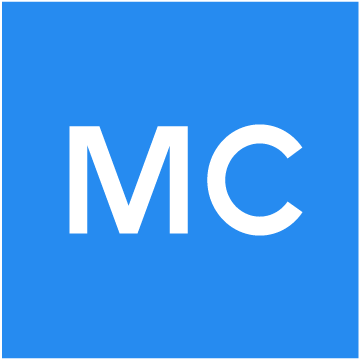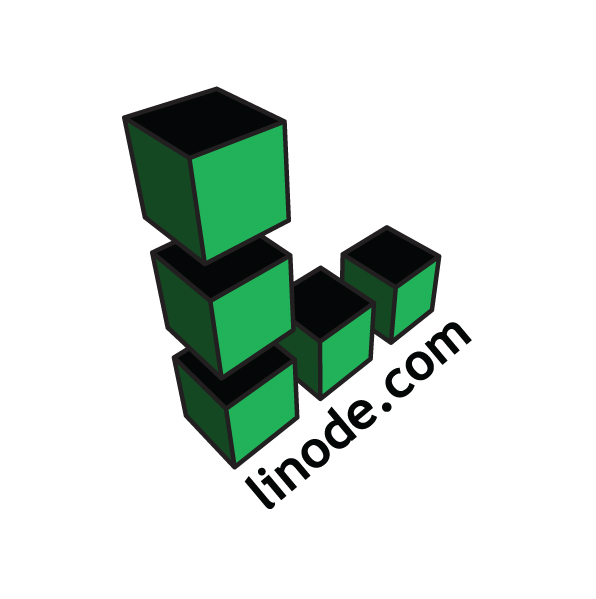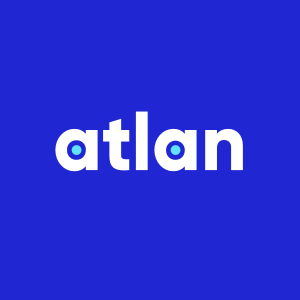
Making Sense Of The Technical And Organizational Considerations Of Data Contracts

Data Engineering Podcast
Shownotes Transcript
Summary
One of the reasons that data work is so challenging is because no single person or team owns the entire process. This introduces friction in the process of collecting, processing, and using data. In order to reduce the potential for broken pipelines some teams have started to adopt the idea of data contracts. In this episode Abe Gong brings his experiences with the Great Expectations project and community to discuss the technical and organizational considerations involved in implementing these constraints to your data workflows.
Announcements
Hello and welcome to the Data Engineering Podcast, the show about modern data management
When you're ready to build your next pipeline, or want to test out the projects you hear about on the show, you'll need somewhere to deploy it, so check out our friends at Linode. With their new managed database service you can launch a production ready MySQL, Postgres, or MongoDB cluster in minutes, with automated backups, 40 Gbps connections from your application hosts, and high throughput SSDs. Go to dataengineeringpodcast.com/linode) today and get a $100 credit to launch a database, create a Kubernetes cluster, or take advantage of all of their other services. And don't forget to thank them for their continued support of this show!
Atlan is the metadata hub for your data ecosystem. Instead of locking your metadata into a new silo, unleash its transformative potential with Atlan's active metadata capabilities. Push information about data freshness and quality to your business intelligence, automatically scale up and down your warehouse based on usage patterns, and let the bots answer those questions in Slack so that the humans can focus on delivering real value. Go to dataengineeringpodcast.com/atlan) today to learn more about how Atlan’s active metadata platform is helping pioneering data teams like Postman, Plaid, WeWork & Unilever achieve extraordinary things with metadata and escape the chaos.
Struggling with broken pipelines? Stale dashboards? Missing data? If this resonates with you, you’re not alone. Data engineers struggling with unreliable data need look no further than Monte Carlo, the leading end-to-end Data Observability Platform! Trusted by the data teams at Fox, JetBlue, and PagerDuty, Monte Carlo solves the costly problem of broken data pipelines. Monte Carlo monitors and alerts for data issues across your data warehouses, data lakes, dbt models, Airflow jobs, and business intelligence tools, reducing time to detection and resolution from weeks to just minutes. Monte Carlo also gives you a holistic picture of data health with automatic, end-to-end lineage from ingestion to the BI layer directly out of the box. Start trusting your data with Monte Carlo today! Visit dataengineeringpodcast.com/montecarlo) to learn more.
Your host is Tobias Macey and today I'm interviewing Abe Gong about the technical and organizational implementation of data contracts
Interview
Introduction
How did you get involved in the area of data management?
Can you describe what your conception of a data contract is?
What are some of the ways that you have seen them implemented?
How has your work on Great Expectations influenced your thinking on the strategic and tactical aspects of adopting/implementing data contracts in a given team/organization?
What does the negotiation process look like for identifying what needs to be included in a contract?
What are the interfaces/integration points where data contracts are most useful/necessary?
What are the discussions that need to happen when deciding when/whether a contract "violation" is a blocking action vs. issuing a notification?
At what level of detail/granularity are contracts most helpful?
At the technical level, what does the implementation/integration/deployment of a contract look like?
What are the most interesting, innovative, or unexpected ways that you have seen data contracts used?
What are the most interesting, unexpected, or challenging lessons that you have learned while working on data contracts/great expectations?
When are data contracts the wrong choice?
What do you have planned for the future of data contracts in great expectations?
Contact Info
Parting Question
- From your perspective, what is the biggest gap in the tooling or technology for data management today?
Closing Announcements
Thank you for listening! Don't forget to check out our other shows. Podcast.init) covers the Python language, its community, and the innovative ways it is being used. The Machine Learning Podcast) helps you go from idea to production with machine learning.
Visit the site) to subscribe to the show, sign up for the mailing list, and read the show notes.
If you've learned something or tried out a project from the show then tell us about it! Email [email protected])) with your story.
To help other people find the show please leave a review on Apple Podcasts) and tell your friends and co-workers
Links
The intro and outro music is from The Hug) by The Freak Fandango Orchestra) / CC BY-SA)
Sponsored By:
- MonteCarlo): [

Struggling with broken pipelines? Stale dashboards? Missing data?
If this resonates with you, you’re not alone. Data engineers struggling with unreliable data need look no further than Monte Carlo, the leading end-to-end Data Observability Platform!
Trusted by the data teams at Fox, JetBlue, and PagerDuty, Monte Carlo solves the costly problem of broken data pipelines. Monte Carlo monitors and alerts for data issues across your data warehouses, data lakes, dbt models, Airflow jobs, and business intelligence tools, reducing time to detection and resolution from weeks to just minutes. Monte Carlo also gives you a holistic picture of data health with automatic, end-to-end lineage from ingestion to the BI layer directly out of the box. Start trusting your data with Monte Carlo today!
Visit dataengineeringpodcast.com/montecarlo to learn more.](https://dataengineeringpodcast.com/montecarlo))
- Linode): [

Your data platform needs to be scalable, fault tolerant, and performant, which means that you need the same from your cloud provider. Linode has been powering production systems for over 17 years, and now they’ve launched a fully managed Kubernetes platform. With the combined power of the Kubernetes engine for flexible and scalable deployments, and features like dedicated CPU instances, GPU instances, and object storage you’ve got everything you need to build a bulletproof data pipeline. If you go to: dataengineeringpodcast.com/linode today you’ll even get a $100 credit to use on building your own cluster, or object storage, or reliable backups, or… And while you’re there don’t forget to thank them for being a long-time supporter of the Data Engineering Podcast!](https://dataengineeringpodcast.com/linode))
- Atlan): [

Have you ever woken up to a crisis because a number on a dashboard is broken and no one knows why? Or sent out frustrating slack messages trying to find the right data set? Or tried to understand what a column name means?
Our friends at Atlan started out as a data team themselves and faced all this collaboration chaos themselves, and started building Atlan as an internal tool for themselves. Atlan is a collaborative workspace for data-driven teams, like Github for engineering or Figma for design teams. By acting as a virtual hub for data assets ranging from tables and dashboards to SQL snippets & code, Atlan enables teams to create a single source of truth for all their data assets, and collaborate across the modern data stack through deep integrations with tools like Snowflake, Slack, Looker and more.
Go to dataengineeringpodcast.com/atlan and sign up for a free trial. If you’re a data engineering podcast listener, you get credits worth $3000 on an annual subscription.](https://dataengineeringpodcast.com/atlan))